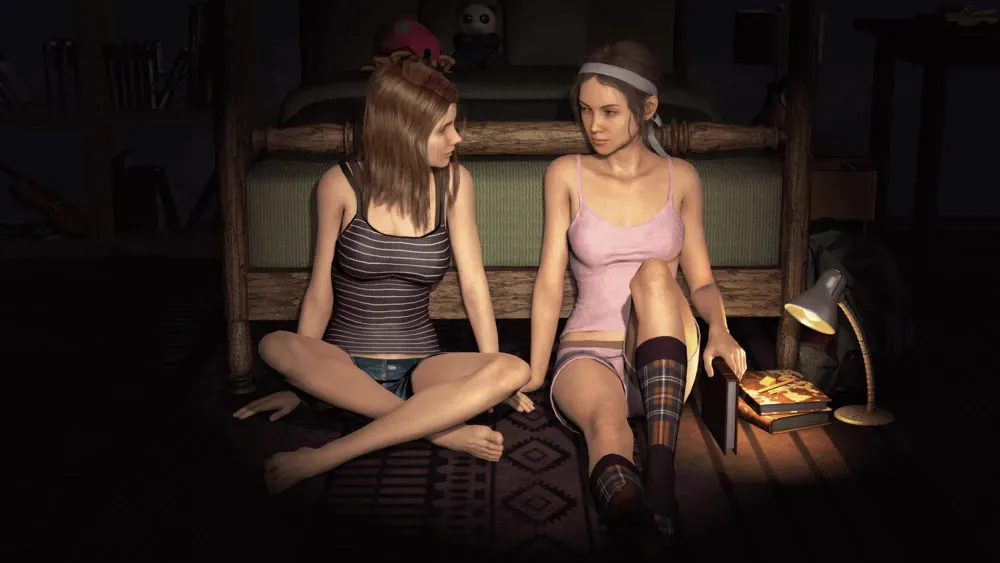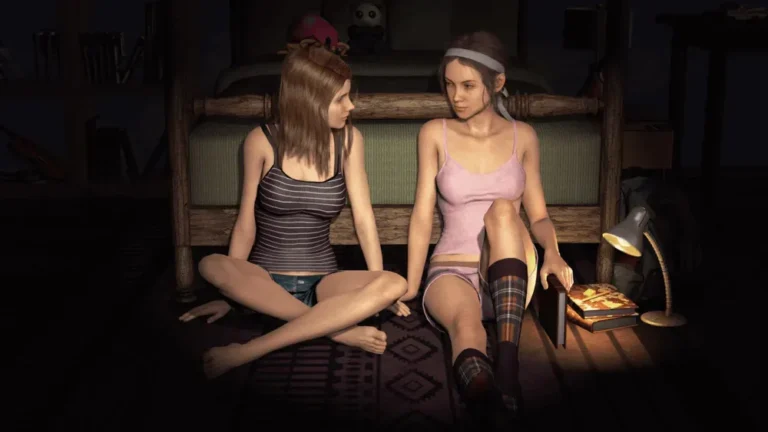
Short Sad Stories
Play Short Sad Stories
Short Sad Stories review
A Deep Dive into Emotional Storytelling
In the realm of digital storytelling, ‘Short Sad Stories’ stands out for its poignant narratives. This game delves into themes of loss, longing, and the human condition, captivating players with its emotional depth. Let’s explore what makes this game so compelling and how it resonates with its audience.
Understanding the Emotional Impact
What Makes ‘Short Sad Stories’ So Emotional? 😢
There’s something uniquely powerful about a story that can make you feel a deep sense of loss or melancholy in just a few minutes. I remember the first time I played a game that truly gutted me; I was just expecting a quick distraction, but I ended up sitting in silence for ten minutes after the credits rolled, just processing what I’d experienced. This is the magic of emotional storytelling at its finest. These experiences are crafted to deliver a powerful psychological impact of sad stories in a compact format, hitting you hard and fast before you even have time to build emotional defenses.
The secret lies in their focus and efficiency. Unlike sprawling epics, these short narratives are laser-focused on a single, poignant theme—often love, loss, or regret. The emotional storytelling doesn’t have room for filler; every word, every interaction, is designed to build towards that final, heartbreaking crescendo. It’s this purity of purpose that forges such a strong player emotional connection. You’re not just observing a tragedy; you are an active participant in its unfolding, and that makes all the difference.
The Power of Storytelling in Games 🎮
Games have a unique advantage in the world of emotional storytelling: interactivity. A book can describe a character’s sorrow, and a film can show it, but a game can make you feel it through your actions. This is where the true power of sad narratives in games shines. You aren’t a passive observer; you are the one making the choices, even the painful ones, that lead to the inevitable conclusion.
Think about it. When you read a sad book, you sympathize with the character. But in a well-crafted game with profound emotional storytelling, you empathize. You are the character. I recall one particular narrative where I had to make a choice between two difficult outcomes. There was no “winning” option, only varying degrees of heartbreak. That choice sat with me for days. This level of immersion is why the psychological impact of sad stories in games is so profound. The emotional storytelling is woven directly into the mechanics, making the sorrow not just something you witness, but something you live.
Here’s a look at how different elements work together to create this effect:
| Story Element | Player’s Role | Emotional Outcome |
|---|---|---|
| Making a difficult choice | Active decision-maker | Personal responsibility and guilt |
| Experiencing a character’s memory | First-hand witness | Deep empathy and shared loss |
| Reaching an unavoidable ending | Helpless participant | A profound sense of melancholy and reflection |
How Players Connect with Sad Narratives 💔
So, why players enjoy sad games might seem like a paradox. Who wants to feel sad on purpose? Yet, this is exactly what draws many of us in. It’s a form of catharsis. Engaging with these sad narratives in games allows us to safely experience and process complex emotions that we might avoid in our daily lives. It’s a controlled environment to explore feelings of grief, longing, and impermanence.
The strength of the player emotional connection often determines how deeply the story resonates. This connection is built on relatability. Even in the most fantastical settings, the core emotions are human and universal. When a character expresses a fear of being forgotten or the pain of a missed opportunity, it echoes our own insecurities and regrets. This mirroring effect is a cornerstone of powerful emotional storytelling.
My own moment of connection came from a story about saying goodbye. It was simple, quiet, and utterly devastating. It didn’t just make me sad for the character; it made me reflect on my own goodbyes, making the experience intensely personal.
This leads us directly to the psychological impact of sad stories. By engaging with these narratives, we often gain a new perspective on our own lives. They can make us more empathetic, more appreciative of our current relationships, and more comfortable with the entire spectrum of human emotion. The journey through digital sorrow can, ironically, make us feel more alive and connected to the real world. It validates our own feelings and reminds us that it’s okay to not be okay sometimes. This, ultimately, is the beautiful, bittersweet answer to why players enjoy sad games—they help us feel, understand, and ultimately, heal. ✨
In conclusion, ‘Short Sad Stories’ offers a profound exploration of human emotions, providing a unique gaming experience that resonates deeply with players. By understanding the emotional impact and storytelling power of such games, we can appreciate why they remain so compelling.









